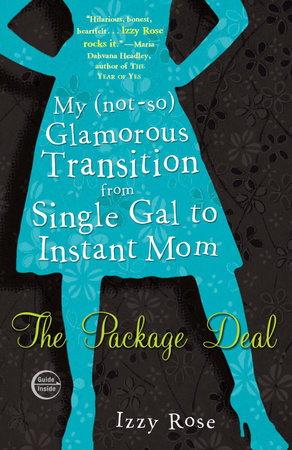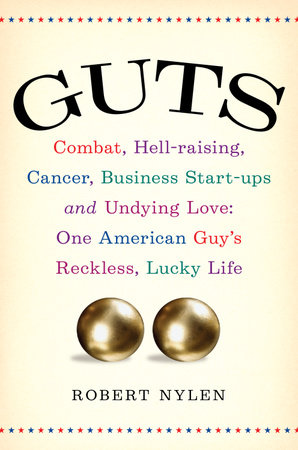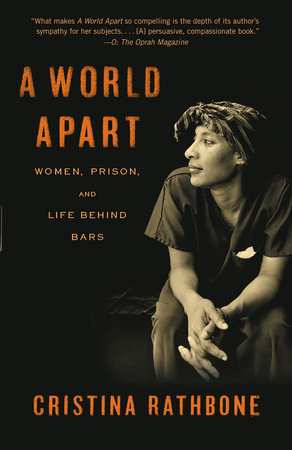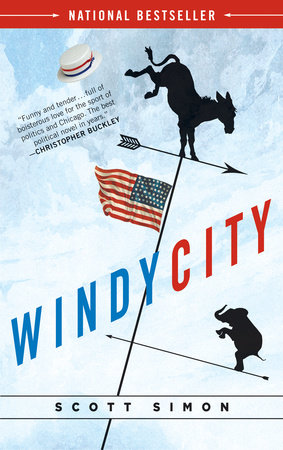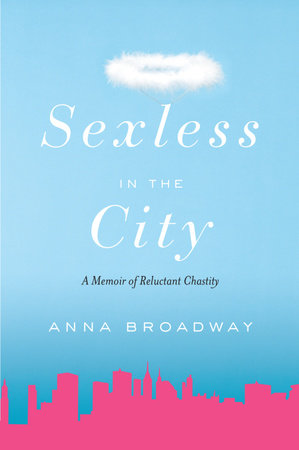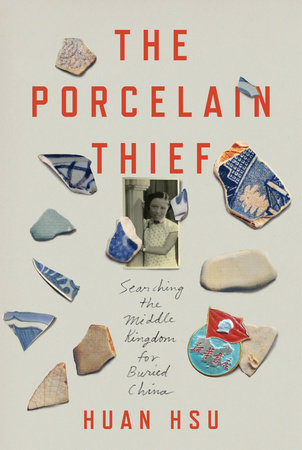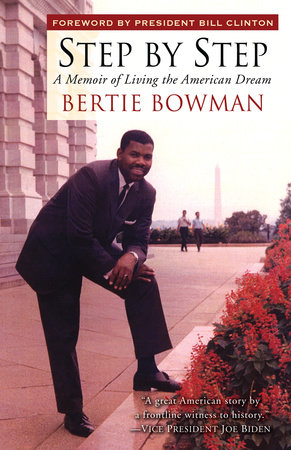Adapted from Terrance Gelenter’s interview for his newsletter “Paris Through Expatriate Eyes”
TERRANCE GELENTER: I was looking forward to our conversation, because, first of all, I loved THE HOUSE OF MEMORY: REFLECTIONS ON YOUTH AND WAR, and secondly, because we share Brooklyn. We both attended Brooklyn Tech, but I graduated and became garment salesman, and he became a Ph.D nuclear physicist.
John Freely is currently living in Bath with his daughter Maureen, herself an author, poet, translator and educator.
We had a delightful one hour, tripartite telephone conversation. Here are a few highlights:
TG: Tell us about the origin of this headline: “STORK SNARLS TRAFFIC, DAILY NEWS December 19, 1927”
JOHN FREELY: My parents, John Freely and Peg Murphy, were Irish immigrants who met, married and a conceived me in Boston. At the time John was working as a ditch digger and Peg was a maid on Beacon Hill. As soon as Peg’s employers learned that she was pregnant they fired her on the spot, and so she and John decided to move to Brooklyn, where they had relatives. Early in the spring of 1926 they took the train to New York and moved in with John’s aunt Helen Moran, whose husband Paddy was a supervisor for the BMT, the Brooklyn-Manhattan Transit Company. Paddy used his influence to have John hired as a conductor on the trolley-line that ran between Canarsie Bay and the Williamsburg Bridge, and Peg began looking for an apartment somewhere along the route. She finally found a ground-floor flat halfway along the route on Cooper Street, at the corner of Wilson Avenue in the Bushwick section of Brooklyn, a predominately German neighborhood. They moved in just before I was born, on June 26, 1926, already an experienced traveler.
We were still living on Cooper Street when my sister Dorothy was born on December 19, 1927. John’s brother Tom and his wife Chris were looking after me while Peg was in the hospital, where she had been taken by her sister Nell. Tom waited outside on the front steps of our apartment to tell John the news when his trolley passed. John then left the trolley, telling the passengers that he would be right back, while he and Tom went into a ‘speakeasy’ salon on the corner run by Paul Hesse, who poured them each to a schooner of beer on the house. One drink led to another and the party went on until the saloon was raided by the police, who had been called in because of the long line of trolleys that had stopped behind the one that John had abandoned. A reporter and photographer from the Daily News arrived together with the police, and a photo of the scene appeared on the front page of the newspaper the next day, under the headline‘STORK SNARLS TRAFFIC.’
TG: I see a constant theme in your book, and those of Pete Hamill & Frank McCourt–a strongIrish immigrant mother filled with humanity. Please talk about Peg Murphy and her influence on your life.
JF: Peg was a fiercely independent, proud and highly intelligent woman with no formal education to speak of. She left Ireland for America in the hope of finding a better life there. But years of grinding poverty left her bitter and disappointed. John was often unemployed for extended periods of time. And so we went on the dole, which in those days was known as Relief and is now called Welfare. But it shamed Peg to wait in line at a government office to get coupons that entitled us to some free food, although not enough to live on, and so our bill at Hellman’s grocery store once again began to rise, as did the amount of rent that we owed Mrs. Simmons. But Peg was determined not to despair, and one evening when she and I were talking she said to me that as bad as things were, at least her children had never gone to bed hungry. I have never forgotten that.
I was her only hope, as she often said, and so she was utterly devastated when I flunked out of Brooklyn Tech and joined the Navy. But I made it up to her after the war, when I went back to school on the GI Bill and graduated with honors from Iona College.
TG: In the spring of 1944 you joined the navy and reported to the US Naval Training Center at Sampson, New York. You speak fondly of the camaraderie of that training period, especially your friendship with Bernie Coppersmith.You were ultimately posted to the China-Burma-India theatre of operations and assigned to deliver supplies and ammunition to Chiang Kai-Shek’s forces over the Himalayan Hump, on the Burma Stilwell Road, a road traveled by Ghengis Khan and Marco Polo.Talk about those experiences.
JF: On May 26, 1944 I joined the navy and reported to the US Naval Training Center at Sampson, New York. I made two close friends while I was there. The first was a boy from Philadelphia named Charles Shelmerdine. But I never saw Charles again after we left Sampson, for he was killed seven months later on the first day of the landings on Okinawa.
The other friend was Bernard Coopersmith, a Jewish boy from Newark, New Jersey. Bernard was a couple of years older than me and had finished his freshman year at Newark College of Engineering before he enlisted in the Navy. Other than Charles, he was the only one of my class with whom I could have a serious conversation, and I learned a lot from him, including Jewish history, beginning my life-long interest in that subject. Bernard advised me to go to college after the war, but I told him there was little likelihood that I would, since I didn’t have a high school diploma, and in any event I intended to be a merchant seaman, which led him to shake his head in evident disapproval, saying ‘Do think about it.’
I didn’t see Bernard again until June 1960, when I received my PhD in physics from New York University. I looked him up in the phone book and found that he was still living in Jersey City, so I went to see him one evening to thank him for setting me on the right path.
After basic training I volunteered for a top-secret commando unit called the U. S. Naval Group China, which was the core of a clandestine organization known as SACO (pronounced SOCKO), an acronym for the Sino-American Cooperative Organization. SACO was a code name for the Loyal and Patriotic Army of China (LPA), an elite force of Chinese commandos who would be trained and led into battle by members of SACO.
After our commando training was completed we boarded a troop ship in San Pedro, California, beginning a thirty-seven-day voyage that took us to Calcutta via Western Australia. At Calcutta we formed a convoy of 150 trucks, beginning a 3,000-mile journey that took us via the Lido-Stillwell Road and and the Burma Road into the Tibetan borderlands of China. As we drove along the Lido-Stillwell Road we passed through the carnage of the Battle of the Salween Gorge, which over the past eighteen months had taken the lives of 120,000 Chinese and Japanese troops. The Chinese had driven the Japanese out of northern Burma and had them penned up south of Mongyu, where our convoy arrived early in August, 1945.
TG: You write of being on watch one night and hearing the death yell of an adolescent Japanese soldier who had been caught and had his throat slit. A common response was ‘the only good Jap is a dead Jap.’ You were shocked by this, for although in a kill or be killed situation, you had a reverence for Japanese culture. Talk about that night and how it affected you.
JF: We were all assigned watches on the defense perimeter around the camp that night, since Japanese stragglers had been caught as they attempted to sneak into the base under cover of night, trying to find food. They were desperate and dangerous, we were warned, and those on sentry duty were ordered to fire without warning at any intruders. Kachin scouts would be interspersed with those of our unit who would be on duty, one of them positioned out of sight between each pair of us.
My watch was from midnight to four in the morning, and I was awakened by the captain of the watch. He then woke up my pal Tunney King, and we met the Kachin scout who would be on sentry duty with us. Without speaking, the Kachin led us out into the moonless night to relieve those who were going off their watch.
It was pitch dark when I got up to go to my sentry post. I was armed with my rifle and forty-five pispistol, as was Tunney, but the Kachin only bore his lethal-looking dau, as I noticed, when he positioned me and Tunney in shallow fox holes. He then crawled out into the jungle somewhere between us. I could see neither him nor Tunney, though I sensed they were not far away to my left.
The only sounds were the startling bird-calls, the rustling of the trees and underbrush when a sudden breeze blew up, and the echoing howl of a lonely jackal from deep in the menacing jungle. I’d never felt so alone and vulnerable, and I felt that any moment someone would spring upon me from the surrounding darkness. Then, about halfway through my watch, I suddenly heard someone screaming in the darkness to my left. The scream continued for a few seconds, ending in a gurgling sound before it stopped abruptly. I was stiff with terror, and I held my rifle on the ready as I stared into the darkness, waiting for someone to emerge. But I saw nothing, and when my relief took over at four o’clock, I returned to our tent, where Ed was still sound asleep.
At morning chow I saw Tunney and asked him if he knew what had happened in the middle of our watch, but he said it had been too dark to see anything. He had been too terrified to go and look, just as I’d been. There was no sign of the Kachin scout who had been on sentry duty with us, and so, on reflection, I figured that he had caught a Japanese soldier sneaking into our camp and had cut his throat, in which case he had now added another pair of severed ears to his collection. I was horrified, though I knew that if the intruder had come at me I’d have had it, and at the mere thought of it I suffered a sudden spasm in my sphincter. Fortunately, I didn’t mark my laundry, GI slang for ‘shitting your pants’ at a moment of sudden terror, though my sphincter ached for minutes afterward. I realized then that I was a coward.
That morning, I mentioned the incident to several of my friends, but none of them had heard anything, since they were too exhausted to even dream. Ron Foster had been told by one of our ensigns, who’d seen the corpse, that the Jap was just an emaciated kid, unarmed. Pete Escheverry laughed. “Who gives a shit? The only fuckin’ good Jap’s a dead Jap.”
I was profoundly shocked, although I’d heard that remark many times. The Japanese were the enemy and we were conditioned to hate them, and so far as we were concerned it was either kill or be killed. I’d always had a reverence for Japanese culture, beginning with the first image of Japan I ever saw, a picture of Mount Fujiyama over the hearth of our cottage in Ireland, next to a holy picture of the Blessed Virgin Mary. The first of the many travel books I’d ever read was Lafcadio Hearn’s ‘Glimpses of Unfamiliar Japan.’ And the first opera I ever heard was ‘Madame Butterfly,’ which Jean Caputo played for me one afternoon in Brooklyn, translating the Italian into English. I particularly recalled the beginning of Act 1, Scene 5 – Ancoro un passo (‘One step more’) –where Cio-Cio San can be heard guiding her friends to the top of the hill, jubilantly telling them that “Over land and sea, there floats the joyful breath of spring. I am the happiest girl in Japan, or rather in the world.” And then I heard the awful scream of the boy whose throat was cut in the jungle last night, the last sound he made on earth before descending into Yomo-no-kumi, the Land of Darkness, the Japanese Country of Dreams, where he joined the army of the dead who would live forever, eternally young.
TG: I consider you a true bohemian, with a passion for new experiences and destinations. The great love of your life, Dolores, the subject of your next book, was the perfect partner in a journey filled with love and laughter. Please share some of the highlights of that beautiful, shared life.
JF: I was discharged from the Navy on May 26, 1946, exactly one month before my twentieth birthday, with no idea about what I would do with the rest of my life. But then fourteen months later I met and fell in love with a very beautiful girl named Dolores, whom I called Toots, because the juke box in the bar was playing ‘Toot Toot Tootsie Goodbye.’ She was very taken by the stories of my travels and adventures, and so one evening a few weeks after we met we were sitting in a cafe when she produced a scroll of parchment on which we signed a pact in blood, vowing to spend our lives together sailing around the world.
We married in 1951 and for the next nine years I worked as a research physicist during the day and doing graduate studies in the evening at NYU. When I received my PhD in 1960, by which time we had three children, I was offered a job at Princeton. But I turned it down to take a teaching job in Istanbul at Robert College, now Bosphorus University, where we remained until 1985, with intervals in Athens, the Greek Islands, London, Oxford, Boston, Princeton, New York, Asia Minor and Venice, where we hoped to spend the rest of our lives. But fate intervened and we moved back to Istanbul, where Toots now rests in the dappled shade of the old Christian cemetery, waiting for me.






